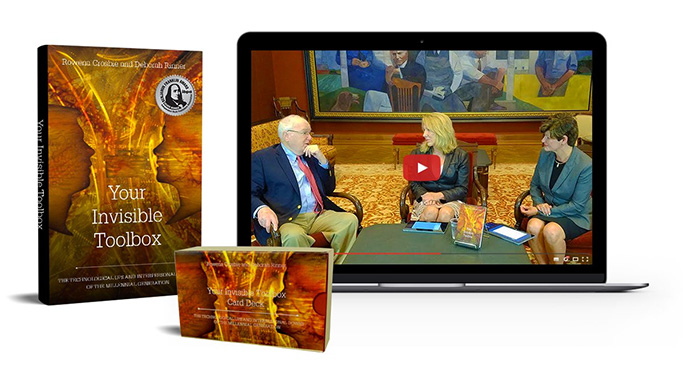Are you experiencing difficulties in managing a conflict or dispute that has moved into the online realm?
A significant amount of our time is spent online, whether we like it or not. In particular, email is often the arena in which online activity is focused. Emails can themselves be the source of conflict between parties, or it might simply be the mechanism by which parties have chosen to resolve a dispute. Nonetheless, texting, instant messaging, chatrooms, and similar platforms can be used.
When using platforms such as email or texting, it is important to understand that with no face-to-face cues or body language, the words themselves become more crucial! Furthermore, emails and texts are often composed in a hurry, and you begin to see that this is a breeding ground for misunderstanding. And finally, consider that there is a loss of vocal tone, and thus less context for communication.
Here are some things to keep in mind when dealing with disputes online:
If you feel angry, wait to send that message! For example, you may want to send that email right away. If you want to write it immediately, don't put the sender's address in the "To:" field, save as a draft, and take a break. A high level of strong emotions can hijack rational, cognitive ability.
Should you pick up the phone, or not? On one hand, using the written word can give you time to think of how you want to word your responses, and may give the other party time to think as well. At the same time, a back-and-forth exchange can sometimes be challenging. Delayed responses can further create anxiety. Calling the other party (or stopping by their office) may be a better option in some cases.
Privacy matters. Emails can be forwarded at the click of the mouse, and they can be saved indefinitely. Security is also an issue - never put sensitive information like Social Security numbers or banking information in an unsecured message.
Online handling of disputes and conflicts is not going away. Therefore, it is important to know some boundaries so that you can effectively communicate in an online environment - whether from your laptop at home, your desktop computer at work, or on the go via your smartphone or tablet.
Tero thanks Russell Gibson for creating this Graduate Development Challenge
The Your Invisible Toolbox® Movement tackles the challenges most individuals, teams, and organizations face. An award-winning book paired with a companion YouTube show and card deck, provide a unique set of research-based tools, put together in an easy-to-apply road map to success.
Find Out More and Join The Movement